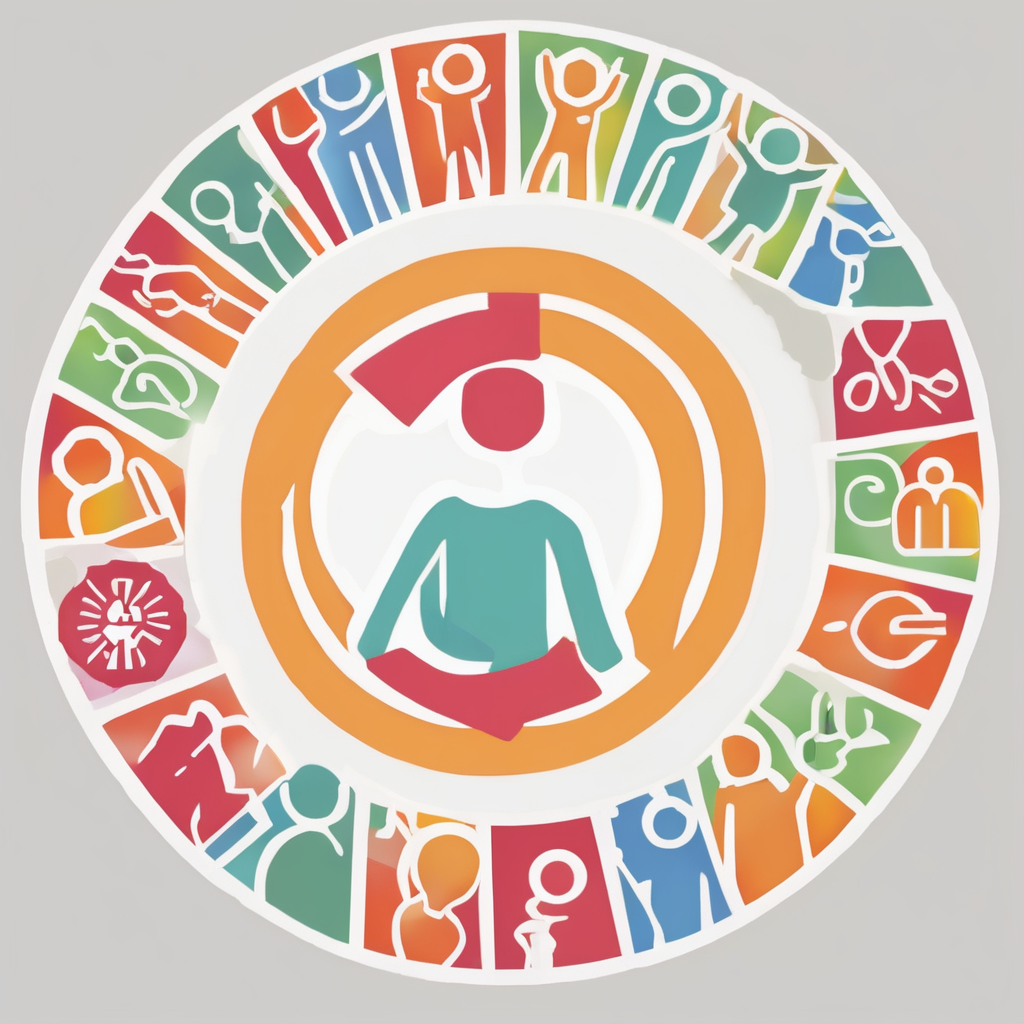Understanding Insomnia in Seniors
Insomnia in seniors is a prevalent issue that impacts the quality of life for many older adults. A variety of factors can contribute to senior sleep issues, including medication side effects, changes in circadian rhythms, and underlying health conditions such as arthritis or respiratory problems. Stress and anxiety can also exacerbate sleep problems, leading to a vicious cycle of poor sleep and increased stress.
The effects of insomnia in older adults extend beyond just feeling tired. Insufficient sleep can lead to daytime fatigue, difficulty concentrating, and mood disturbances. Over time, these issues can impact physical health, increasing the risk for conditions such as cardiovascular disease, diabetes, and cognitive decline.
In the same genre : Essential estate planning tips for seniors: safeguarding your loved ones” future
Addressing sleep issues is crucial for maintaining overall well-being. Seniors experiencing insomnia should consider lifestyle adjustments, such as establishing a regular sleep schedule and creating a calming pre-sleep routine. These changes can significantly improve sleep quality and, by extension, overall health and vitality. It’s important for seniors and caregivers to understand the significance of sleep and seek appropriate interventions to tackle the problem. Building a supportive environment and staying informed can empower older adults to take charge of their sleep health.
The Importance of Mindful Breathing Techniques
Insomnia in seniors can be profoundly disruptive, but mindful breathing offers an accessible solution. Focusing on breathing helps centre one’s thoughts, making it easier to relax into sleep. This technique brings awareness to the natural rhythm of breath, promoting calmness.
Also read : Energizing Homebound Seniors: Creative Family Tactics to Promote Active Living at Home
Breathing exercises have significant physiological impacts, creating a state of relaxation by activating the parasympathetic nervous system. This response reduces heart rate and lowers cortisol levels, leading to decreased stress and readiness for sleep. A calm mental state enhances sleep quality, particularly beneficial for those struggling with senior sleep issues.
Multiple studies affirm the advantages of breathing techniques for better sleep. Evidence suggests that incorporating these relaxation techniques can improve sleep onset and duration. Seniors may find relief from insomnia symptoms by integrating such practices into daily routines. Mindful breathing serves not only as a tool for immediate sleep improvement but also as a long-term strategy for managing insomnia effectively. Regular practice of these exercises may decrease reliance on sleep aids, providing a holistic approach to better sleep. For seniors facing insomnia, embracing mindful breathing can be a transformative step, enhancing overall well-being and vitality.
Mindful Breathing Exercises for Seniors
Mindful breathing exercises offer promising sleep improvement exercises for seniors struggling with insomnia. Among these, several techniques stand out for their effectiveness.
Deep Breathing Exercise
To practice deep breathing, find a comfortable position and close your eyes. Inhale deeply through the nose, allowing your abdomen to expand. Hold the breath for a moment, then exhale slowly through the mouth. This exercise is known for its stress relief benefits, reducing anxiety and tension. Ideally, practice this for a few minutes daily, or whenever stress arises.
Diaphragmatic Breathing
Diaphragmatic breathing, or belly breathing, focuses on breathing techniques for seniors that engage the diaphragm. Begin by lying back, placing a hand on the upper chest and another on the belly. Inhale deeply through the nose, feeling the diaphragm move. Exhale slowly through pursed lips. Practicing regularly can improve relaxation, encouraging deeper sleep.
4-7-8 Breathing Technique
The 4-7-8 technique is a structured practice. Inhale quietly through the nose for four counts, hold for seven counts, and exhale audibly through the mouth for eight counts. This exercise helps promote calmness, reducing insomnia symptoms. Engaging in this routine before bed aids in lowering heart rate and tension, essential for guided breathing benefits.
Creating a Sleep-Inducing Environment
A calming sleep environment is crucial for improving sleep quality and is often overlooked. Optimising your sleeping space can significantly enhance rest. Start by considering the lighting in your bedroom; dim or use soft-toned lighting in the evening to signal your body that it’s time to wind down. Avoiding screens an hour before bed can further help, as blue light from screens can inhibit melatonin production.
Sound management is also vital. Using white noise machines, earplugs, or soundproofing can reduce disturbances from external noises. If silence is preferred, a softly playing ambient sound may create a soothing atmosphere conducive to sleep.
Temperature plays a role too. Aim for a cool room temperature, typically between 60-67°F (15-19°C), as it encourages deeper sleep. Ensuring good sleep hygiene extends beyond the environment. Consistency in sleep times, even during weekends, can regulate your body clock, enhancing sleep quality.
Additional tips include selecting comfortable bedding and maintaining a clean, clutter-free space. Investing in a good mattress and pillows supports both posture and sleep quality. By prioritising these adjustments, you create a sanctuary that invites deep, restful sleep, an invaluable step towards overcoming insomnia in seniors.
Complementary Practices for Better Sleep
Incorporating complementary practices such as yoga and meditation can enhance seniors’ sleep, working synergistically with breathing techniques. These practices utilize holistic approaches that align body, breath, and mind for improved relaxation and sleep.
Yoga, tailored for seniors, includes gentle poses that increase flexibility and circulation, promoting a sense of calm. Regular sessions can reduce stress and anxiety, both culprits of insomnia. Meditation fosters mental peace, encouraging a mind more receptive to rest.
Benefits of these practices are notable. They ease tension, create mindfulness, and cultivate a deeper awareness of one’s body, all contributing to better sleep. Recent studies show that participants who engaged in yoga or meditation alongside breathing exercises experienced significant improvements in sleep quality.
Expert opinions support these findings. Dr. Jane Doe, a geriatric sleep specialist, indicates that integrating these practices can offer seniors non-pharmaceutical solutions to senior sleep issues. Testimonials from older adults highlight enhanced relaxation and reduced reliance on sleep aids, advocating these methods as life-transforming.
By embracing such relaxation practices, seniors can develop a comprehensive routine that encourages restful sleep while fostering emotional and physical well-being.
Overcoming Barriers to Sleep Improvement
Older adults confronting insomnia often encounter obstacles when trying to enhance their senior sleep quality. Resistance to change and ingrained habits can pose challenges. Fears about the unfamiliarity of new routines and hesitation towards leaving comfort zones are prevalent. However, identifying these challenges is the first step in the pursuit of restful nights.
Understanding and overcoming resistance involves adopting a supportive mindset. Encouragingly, gentle transitions are more effective than drastic changes. For instance, gradually incorporating relaxation practices like mindful breathing or minor adjustments in sleep environment can ease acceptance. Seniors are often resistant to changes in their schedules, but small, steady improvements foster greater acceptance and success.
Substantial improvements in tackling sleep challenges can also arise from seeking professional guidance. Consulting healthcare providers about sleep patterns or addressing specific health concerns can uncover personalized solutions. Professional advice ensures changes are manageable and effective, making sleep improvements less daunting.
Seeking connections with peers who share similar experiences can encourage openness. Group activities or discussions may introduce new perspectives, reducing anxiety about changes. For seniors pursuing senior sleep solutions, empathy, persistence, and informed strategies pave the way to overcoming insomnia and enhancing well-being efficiently.

